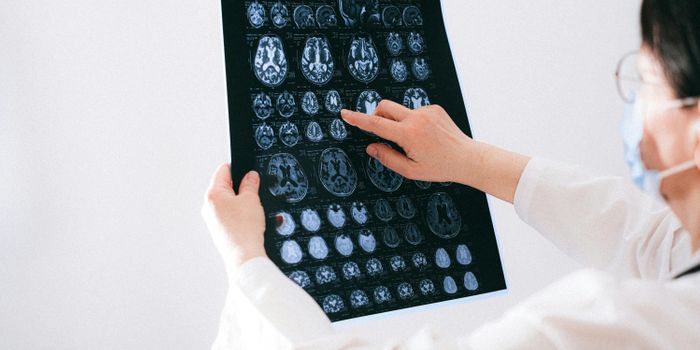New Genetic Test Identifies Cannabis THC Levels from Seeds
Researchers from the University of Minnesota have developed a genetic test that can predict how much cannabidiol (CBD) or tetrahydrocannabinol (THC) cannabis plants will contain from analyzing their seeds.
Industrial hemp growers must regularly monitor the THC levels of their hemp crop. If they exceed federal THC limitations (0.3% THC), they must then destroy what they have grown. This, says the researchers at the University of Minnesota, makes growing industrial hemp riskier than other crops. As such, they hope that their new genetic test will able to change this, allowing growers to know the THC content of their plants before planting.
For their research, they studied three varieties of the cannabis plant: industrial hemp flowers, wild cannabis, and feral cannabis, alongside cannabis samples from the National Institute of Drug Abuse (no CBD flower was specifically tested). They then compared genetic markers of the plants with their ratios of THC to CBD. In doing so, they found that a plant’s genetics can predict its ratio of CBD to THC, something that could help growers understand whether they should sprout certain seeds or not.
In making their analyses, the researchers also found that populations of feral weed descended from fiber hemp cultivated in Minnesota during World War 2 contained both CBD-type and THC-type plants. They noted, however, that these plants were mostly of the CBD variety, with the THC-type making up around 100th of the population.
They also found, however, that some seeds marked as ‘industrial hemp’ imported from Canada contained impurities. While many were 100% CBD, some exceeded the maximum THC levels considered as hemp.
“We hope this new test can assist in new seed certification for the hemp industry,” said George Weiblen, lead author of the study. “For hemp to take off in Minnesota and elsewhere, there must be ways to assure growers they won’t have to destroy their crops at the end of the season.”
Sources: University of Minnesota, Ganjapreneur









